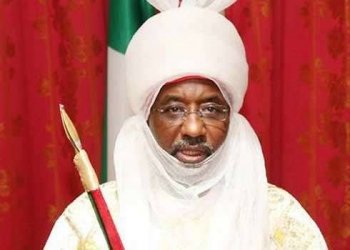The President Muhammadu Buhari-led administration has shown readiness to implement only one-tenth of the 268 recommendations of the Oronsaye Committee on restructuring government parasatals, commissions and agencies.
The Guardian reports that the remaining 90 per cent were either rejected or merely “noted” for future consideration, according to the 2014 White Paper on the Committee’s report, which the Muhammadu Buhari administration is now set to implement six years after. But the plan to dust up the 2014 White Paper, a government’s implementation document, in 2020 is now the subject of controversy.
Recall that the Oronsaye Committee was set up by former President Goodluck Jonathan to essentially reduce the cost of governance, eliminate duplication of functions in government departments and agencies and reasonably devolve governmental powers.
The 800-page Report was submitted by the Presidential Committee on Restructuring and Rationalisation of Federal Government Parastatals, Commissions and Agencies (MDAs) in 2011. The recommendations, when fully implemented, would align revenue with expenditure.
The Oronsaye Committee made 268 recommendations, 90 per cent of which were rejected by the Jonathan administration when the White Paper was finally released in 2014.
For instance, the committee recommended that the National Identity Management Commission (NIMC), Nigeria National Merit Award (NNMA), Niger Delta Development Commission (NDDC), New Partnership for Africa’s Development (NEPAD), National Lottery Regulatory Commission (NLRC), National Lottery Trust Fund (NLTF), Nigeria Extractive Industries Transparency Initiative (NEITI), The Ecological Fund Office (Office of the Secretary to the Government of the Federation), and the Department of Police Affairs be merged into a proposed Ministry of Special Duties. This was rejected.
Similarly, in item 268, the committee recommended that the National Sports Commission revert to the proposed Ministry of Youth and Sports Development as an agency. The government also rejected this.
The Guardian reports analysts as saying that the rejected items were germane to the spirit of the document and their exclusion, at the implementation stage, would undermine the overall essence of the reforms, including, devolution of powers, downsizing and cost-effective management of the over-bloated civil service structure.









